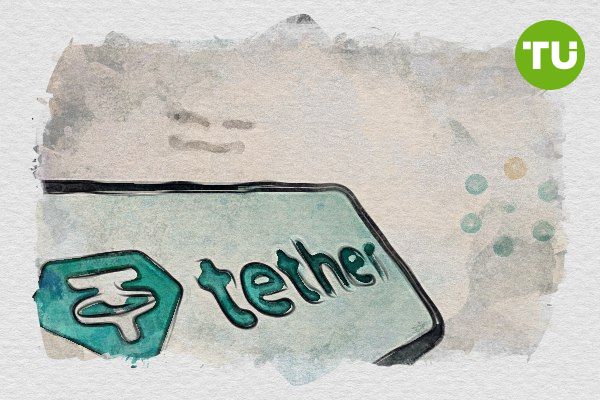Tether CEO foresees new U.S.-compliant stablecoin amid regulatory uncertainty
 Tether considers creating U.S.-friendly stablecoin
Tether considers creating U.S.-friendly stablecoin
Amid ongoing debates in Congress over stablecoin regulation, Tether CEO Paolo Ardoino expressed cautious optimism that USDT will continue to be listed on U.S. secondary markets, which he described as “very important for remittances.” Current legislative proposals highlight a stark divergence between the Senate and the House.
Key Takeaways
- Tether CEO Paolo Ardoino remains optimistic that USDT will stay listed on U.S. secondary markets, vital for remittances.
- The Senate bill bans non-compliant issuers from offering tokens directly, while the House bill further restricts custodial intermediaries two years after enactment.
- Binance delisted USDT in Europe for non-compliance with new EU standards, prompting Tether to invest in launching compliant stablecoins.
- Neither bill bans USDT trading on non-custodial DeFi platforms, though Ardoino envisions a future where USDT loses its dominant role.
The Senate’s stablecoin bill, as drafted, would ban only non-compliant issuers from offering tokens directly to American users. In contrast, the House bill goes further by prohibiting custodial intermediaries—such as Coinbase—from trading such tokens two years after the law takes effect. These competing proposals are expected to be reconciled in the coming months before a final bill reaches President Donald Trump’s desk for signature, reports Decrypt.
Loading...
Market impact and future projections
In addition to U.S. legislative action, stablecoin issuers are facing regulatory pressures internationally. For instance, Binance recently delisted USDT from its European platforms after the token failed to meet the European Union’s new stablecoin requirements. In response, Tether has ramped up investments in European companies launching grassroots dollar- and euro-backed stablecoins compliant with EU standards.
Despite these efforts, Ardoino foresees a long-term scenario where USDT will no longer be a dominant player in either the United States or Europe. Moreover, he noted that neither the Senate nor the House bills explicitly ban the trade of USDT on non-custodial DeFi platforms like Uniswap or Jupiter—a factor that could help sustain the token's liquidity amid tighter regulatory conditions.
As Congress works to iron out these discrepancies, the industry is bracing for a regulatory environment that could reshape the stablecoin market. Investors and market watchers will be closely monitoring the final legislative outcome, which may redefine the role of USDT and other digital assets in global financial markets.
Read also: New SEC guidance hands victory to World Liberty Financial and USD1













































































































































